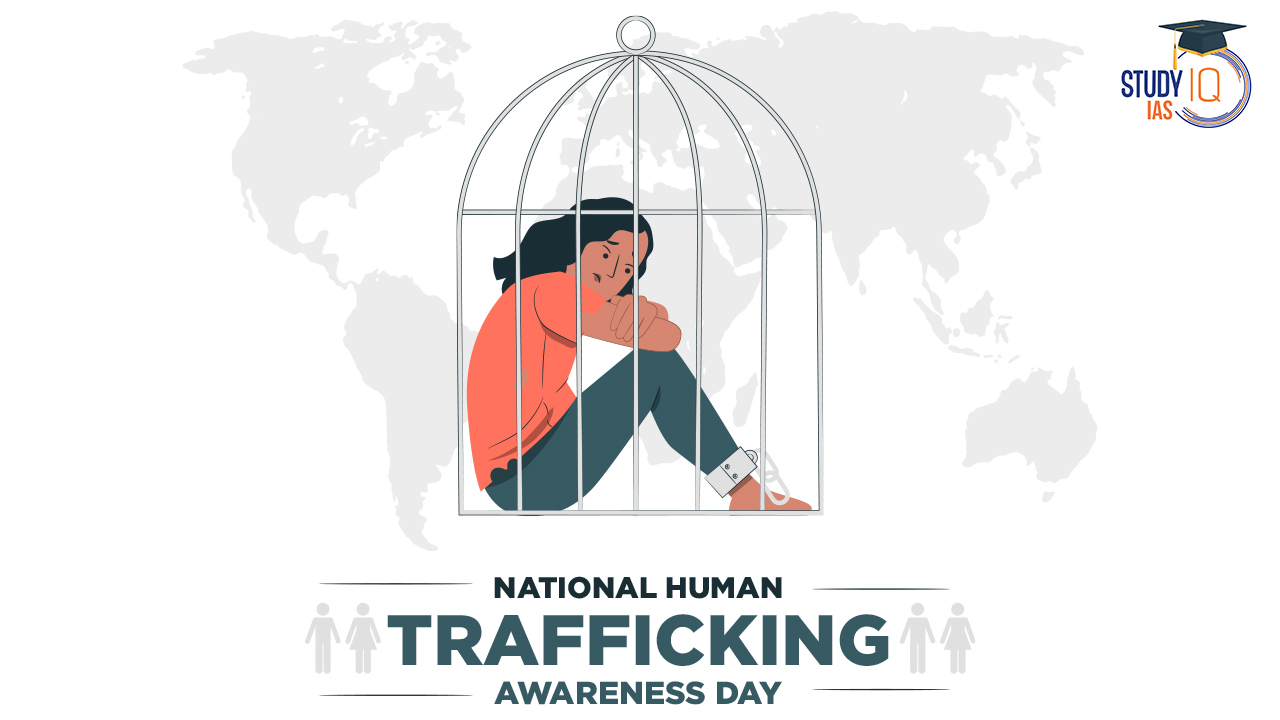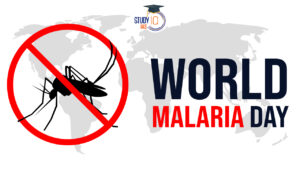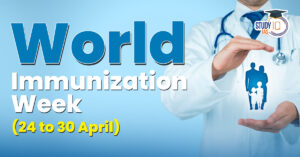Table of Contents
National Human Trafficking Awareness Day 2024, slated for January 11, serves as a poignant reminder of the global menace that robs individuals of their right to a fulfilling life. Human trafficking, encompassing heinous practices such as forced labour, criminal activities, sexual exploitation, organ removal, and smuggling, subjects victims to lives of terror and punishment against their will. Read this article to get all about National Human Trafficking Awareness Day, History and Significance.
We’re now on WhatsApp. Click to Join
National Human Trafficking Awareness Day 2024
National Human Trafficking Awareness Day 2024 stands as a solemn occasion committed to recognizing the presence of human trafficking and mobilizing efforts to confront this severe infringement on human rights. This day serves as a poignant reminder that human trafficking is a global issue demanding urgent attention, emphasizing that each individual has a responsibility to contribute to its prevention and eradication.
National Human Trafficking Awareness Day History
National Human Trafficking Awareness Day is celebrated annually on January 11th. The first National Human Trafficking Awareness Day was celebrated in 2011.
The day is part of National Slavery and Human Trafficking Awareness Month. The day aims to raise awareness about the cruelties of human trafficking and how it affects lives. It also provides an opportunity to promote and safeguard the lives and rights of people.
Human trafficking is considered a modern form of slavery. It encompasses forced labor, criminal activities, sexual exploitation, organ removal, and smuggling.
The United States Senate ratified the resolution designating January 11th as National Human Trafficking Awareness Day in 2007. The Trafficking Victims Protection Act of 2000 was the first federal law to address modern-day slavery.
| Year | Event |
| 1200-1600 | Slavery’s Dangerous Roots: While many people were trafficked as a normal way of life in 1200, it wasn’t until 1400 that the European slave trade began to exist. |
| 1807 | Great Britain Ends the Transatlantic Slave Trade: After Britain ended the Transatlantic Slave Trade in 1807, the United States followed suit in both 1820 and 1865. |
| 1910 | International Convention for the Suppression of White Slave Trade Signed: The white slave trade, or human trafficking for sexual purposes, was legally ended by 13 countries in 1910 with the signing of this document; however, human trafficking still very much exists today. |
| 2000 | Free The Slaves Established: This American charity organization, launched in 2000, highlights the effects of human trafficking and has been influential in the movement to end the practice. |
| 2007 | Senate Resolution Passed: In 2007, the Senate formally named January 11th as National Human Trafficking Awareness Day. This was followed by a proclamation by President Obama on January 4, 2010, naming January as National Slavery and Human Trafficking Prevention Month. |
How to Raise Awareness on National Human Trafficking Awareness Day 2024?
Participating in National Human Trafficking Awareness Day offers an opportunity to actively contribute to the anti-trafficking movement. Here are several ways to become involved:
- Education and Training: Take part in or organize workshops, webinars, or training sessions to acquire knowledge about the signs of human trafficking, how to report it, and ways to support survivors.
- Spread Awareness: Utilize social media platforms to share informative posts, articles, and statistics about human trafficking, helping to educate your network about the gravity of this issue.
- Support Anti-Trafficking Organizations: Contribute financially or volunteer your time with organizations dedicated to combating human trafficking, providing assistance to survivors, and advocating for stronger anti-trafficking laws.
- Advocate for Policy Change: Engage with lawmakers and advocacy groups to actively support legislation and policies that effectively address and combat human trafficking.
- Host Awareness Events: Organize events such as seminars, panel discussions, or film screenings to foster community engagement in conversations about human trafficking prevention and support for survivors.
National Human Trafficking Awareness Day Significance
National Human Trafficking Awareness Day is observed annually on January 11th. The day’s purpose is to raise awareness about the prevalence of modern-day slavery, advocate for the rights of survivors, and work towards eradicating human trafficking in all its forms.
The day also helps us to understand the plights of the victims empathize with them and help them get back to a regular life. Human trafficking is a grave crime and a human rights abuse. It compromises national and economic security, undermines the rule of law, and harms the well-being of individuals and communities everywhere.


 World Intellectual Property Day 2025, Th...
World Intellectual Property Day 2025, Th...
 World Malaria Day 2025: Date, Theme, His...
World Malaria Day 2025: Date, Theme, His...
 World Immunization Week (24 to 30 April)...
World Immunization Week (24 to 30 April)...





















